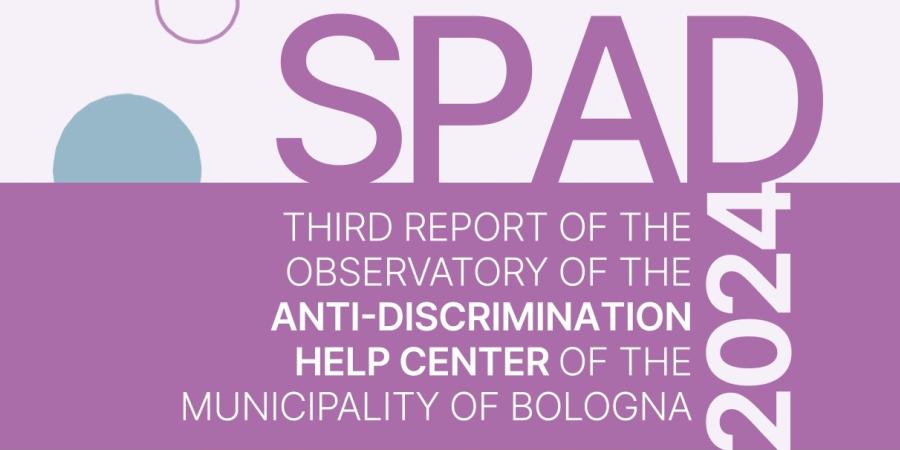
The Municipality of Bologna’s Anti-Discrimination Help Center (SPAD) has published its third annual report, offering a comprehensive view of the city’s efforts to tackle discrimination based on race, ethnic origin, and religion. Established in 2021, SPAD is a municipal initiative co-managed with 37 civil society associations. The 2024 report not only details the service’s operational model and multi-sector partnerships but also underlines a growing public awareness and engagement, reflected in increased reports and requests for support.
Community engagement played a central role in this progress: SPAD collaborated closely with local associations to host public events, raise awareness in schools, and distribute multilingual information materials throughout the city. Notable outreach included participation in the International Day for the Elimination of Racial Discrimination and the Festa delle Nuove Cittadinanze, where SPAD teams provided information and support directly to the public. By providing listening, legal aid, psychological assistance, and referrals, SPAD serves as both a frontline service and a tool for systemic change within the administration.
The report emphasizes the importance of SPAD’s intersectional approach, which recognises how overlapping forms of discrimination compound the vulnerability of individuals. Throughout 2024, SPAD expanded its outreach with a second access point in the Porto-Saragozza district and deepened collaboration with other local anti-discrimination bodies, including those focusing on sexual orientation and gender identity. These steps were accompanied by robust data collection and monitoring processes, which help to shape targeted actions and policy recommendations.
An essential insight from the report is the link between discrimination and mental health. The psychological toll of both overt and subtle forms of discrimination - especially for those experiencing multiple forms of it - was highlighted as a growing concern. SPAD responded by providing emotional support and training its staff on trauma-informed care. This is particularly relevant for refugees and marginalised communities, whose past and present experiences of injustice often go unrecognised or untreated.
The SPAD initiative aligns strongly with the values of the European Coalition of Cities Against Racism (ECCAR), demonstrating how local administrations can lead inclusive and human rights-based responses to discrimination. As Bologna moves toward making SPAD a permanent and more accessible service across all districts, its model stands as a replicable example of municipal commitment to equity, data transparency, and civil society cooperation.
